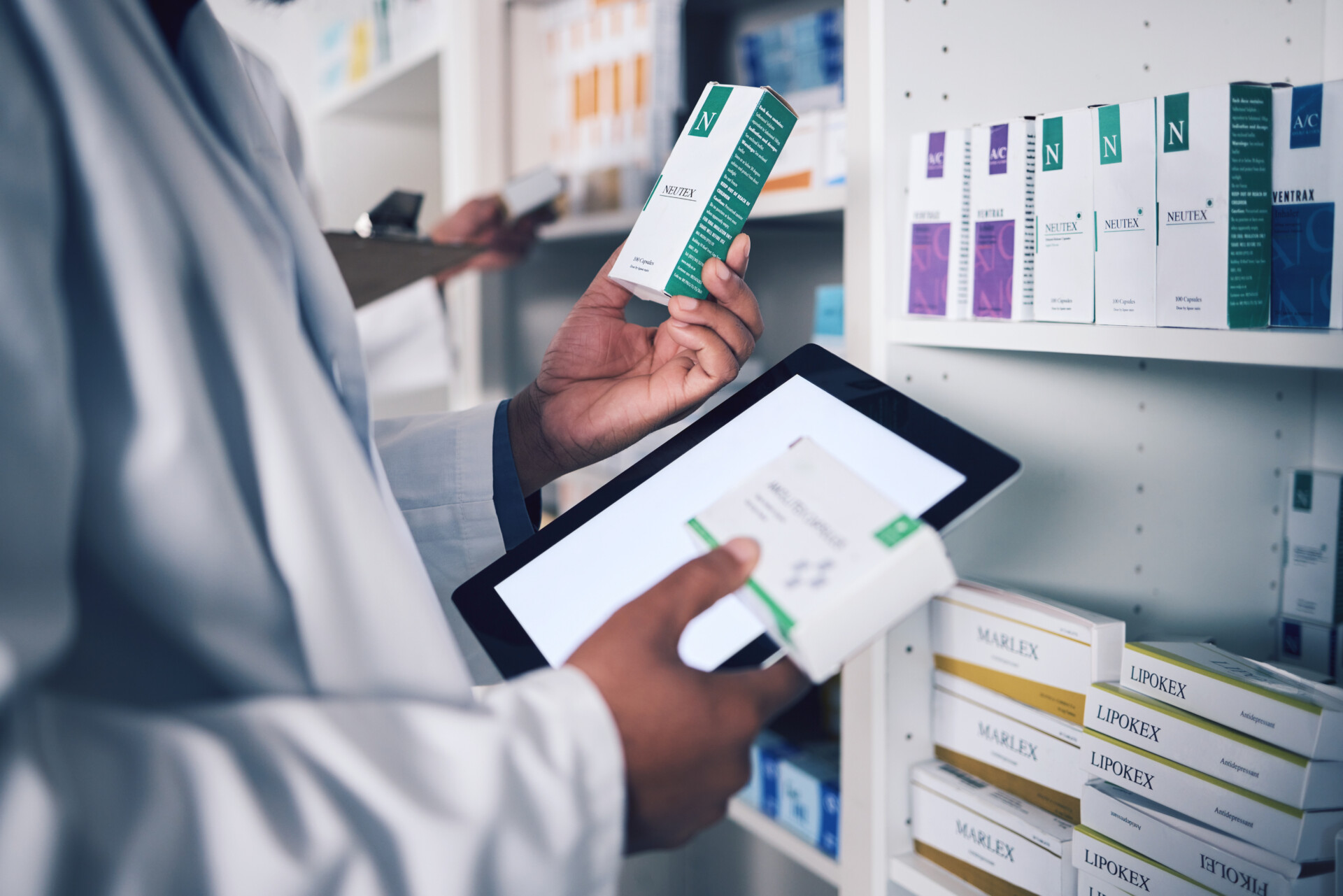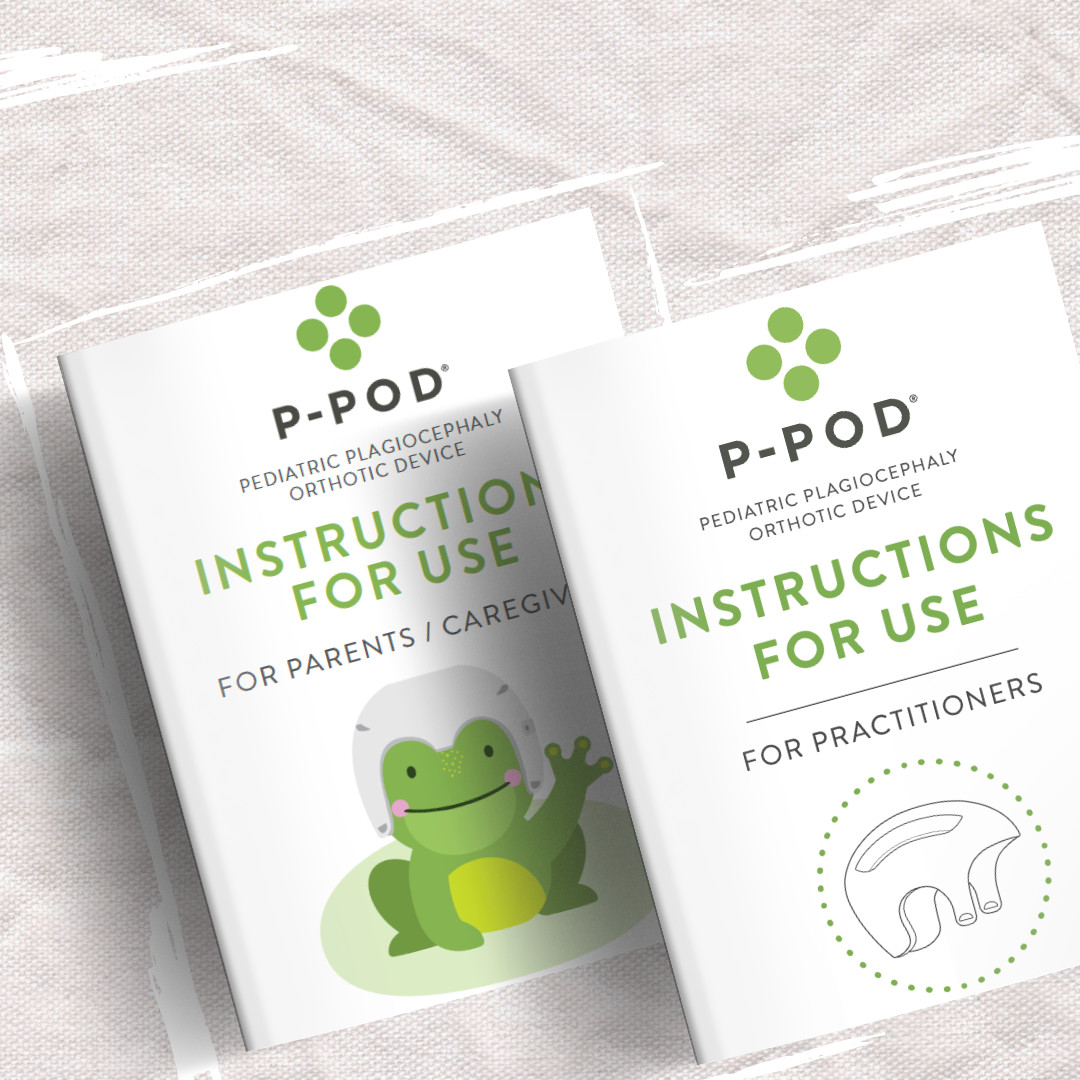The nursing profession has long been recognized as the backbone of healthcare, but a recent study published in the Online Journal of Issues in Nursing highlights a growing crisis: many registered nurses (RNs) are leaving the profession within their first two years. This trend poses serious implications for healthcare organizations, patient outcomes, and the future of nursing. Let’s dive into the findings of the study and explore how healthcare leaders can address this issue.
What’s Driving Early Nurse Turnover?
The study, led by Dr. Stephanie Tate, involved interviews with 17 nurses who left their roles within two years of starting. Their insights revealed a pattern of challenges that pushed them to leave:
Burnout from Overwork: Many participants cited unmanageable workloads and intense pressure as significant factors in their decision to leave. The strain not only impacted their mental and physical health but also their ability to deliver the high-quality care they aspired to provide.
Challenges Balancing Family Obligations: Nurses often struggle to juggle demanding schedules with family responsibilities. For some, the lack of flexibility in their roles made it nearly impossible to maintain a work-life balance, leading to their departure.
Management and Support Issues: Poor communication and a perceived lack of support from management were recurring themes. Nurses reported feeling undervalued and unsupported, which contributed to their dissatisfaction.
Not Completely Gone: Interestingly, several nurses transitioned to other healthcare-related roles rather than leaving the field entirely. This suggests a continued commitment to the industry but an aversion to the traditional nursing environment.
What Can Be Done to Retain Nurses?
The study also shed light on potential solutions to improve nurse retention. These strategies can help healthcare organizations create a more sustainable and satisfying work environment for nurses:
Flexible Scheduling: Providing options like self-scheduling can empower nurses better to manage their time and balance work with personal obligations. Flexibility is especially crucial for those with young children or other caregiving responsibilities.
Improved Manager Training: Ensuring managers have the skills to communicate effectively, provide support, and foster a positive workplace culture can make a significant difference. Nurses who feel valued and supported by their leadership are likelier to stay.
Addressing Workload Concerns: Investing in adequate staffing and resources can reduce the burden on individual nurses, minimizing burnout and enhancing job satisfaction.
Career Development Opportunities: Offering pathways for professional growth, such as advanced certifications or leadership roles, can motivate nurses to remain within the organization.
Why This Matters
The loss of nurses in their early careers affects healthcare organizations and jeopardizes patient care and the future of the nursing profession. Retaining these professionals is critical to building a resilient and effective healthcare system.
By addressing the factors driving early departures, healthcare leaders can take proactive steps to support their nursing staff, ensuring their well-being and the sustainability of their organizations.
Learn More
For a detailed summary of the study and additional insights, check out our latest Connexio Health newsletter. Together, we can work toward solutions that make nursing a more rewarding and sustainable career.





